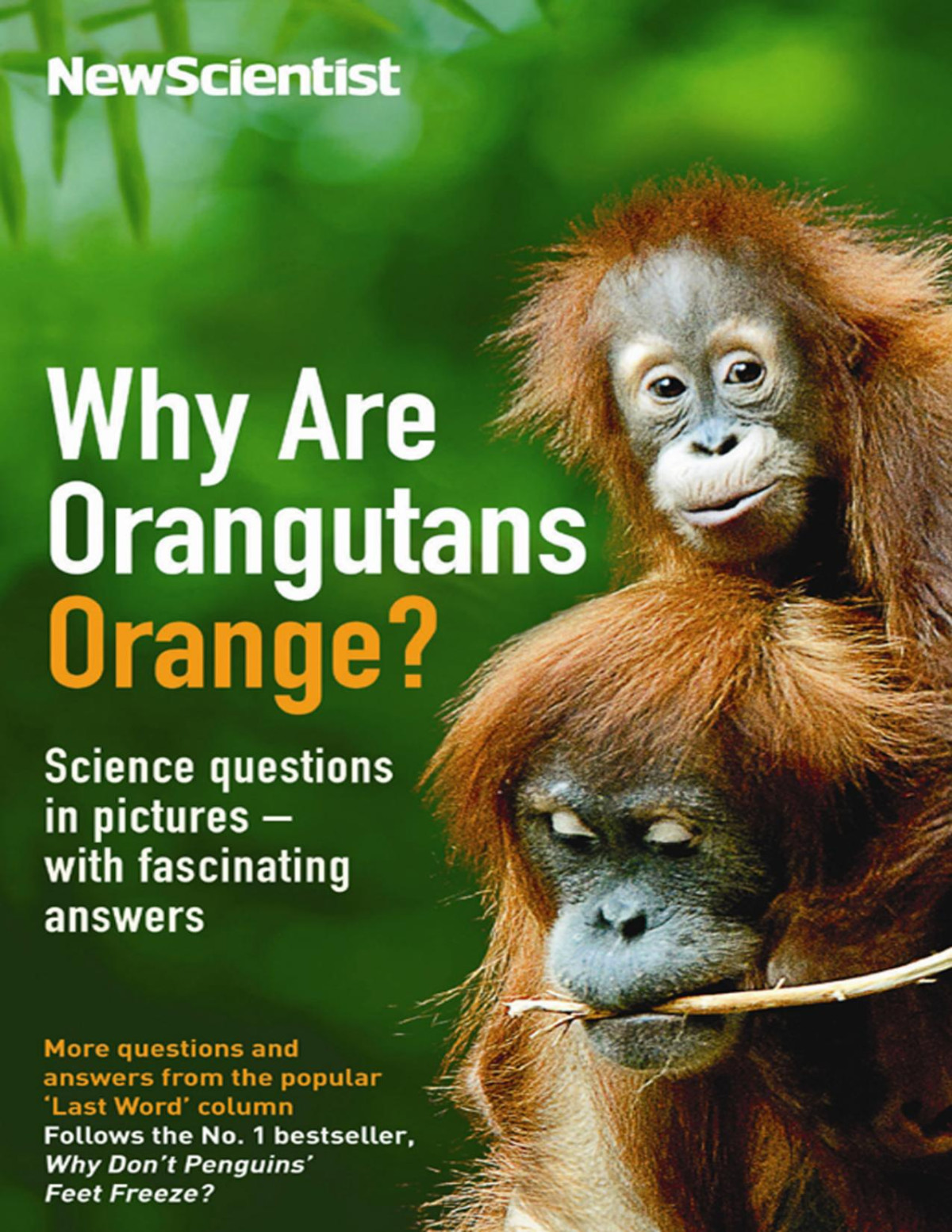

Most ebook files are in PDF format, so you can easily read them using various software such as Foxit Reader or directly on the Google Chrome browser.
Some ebook files are released by publishers in other formats such as .awz, .mobi, .epub, .fb2, etc. You may need to install specific software to read these formats on mobile/PC, such as Calibre.
Please read the tutorial at this link: https://ebookbell.com/faq
We offer FREE conversion to the popular formats you request; however, this may take some time. Therefore, right after payment, please email us, and we will try to provide the service as quickly as possible.
For some exceptional file formats or broken links (if any), please refrain from opening any disputes. Instead, email us first, and we will try to assist within a maximum of 6 hours.
EbookBell Team

0.0
0 reviewsIllustrated for the first time, with eighty full-colour photographs showing the beauty, complexity and mystery of the world around us, here is the next eagerly awaited volume of science questions and answers from New Scientist magazine. From ripples in glass to 'holograms' in ice, the natural world's wonders are unravelled by the magazine's knowledgeable readers. Six years on from Does Anything Eat Wasps? (2005), the New Scientist series still rides high in the bestseller lists, with well over two million copies sold. Popular science has never been more absorbing or more enjoyable. Like Why Don't Penguins' Feet Freeze? (2006), Do Polar Bears Get Lonely? (2008) and Why Can't Elephants Jump? (2010), this latest collection of resourceful, wry and well-informed answers to a remarkable range of baffling science questions is guaranteed to impress and delight.